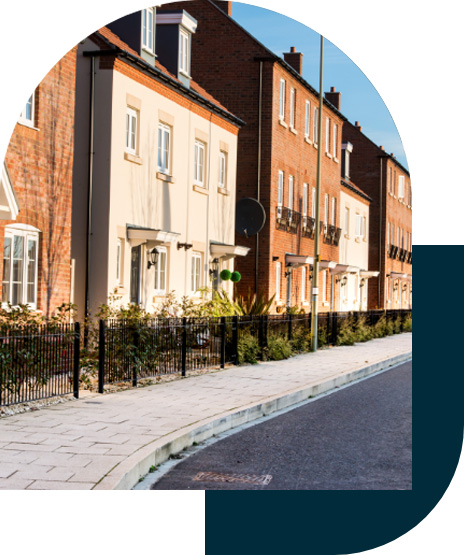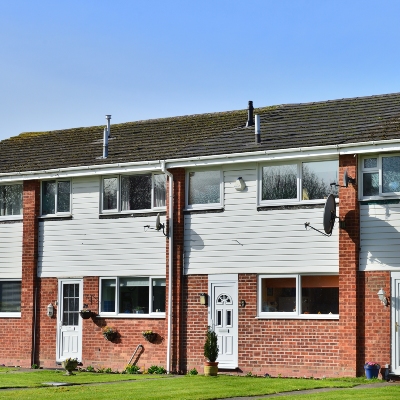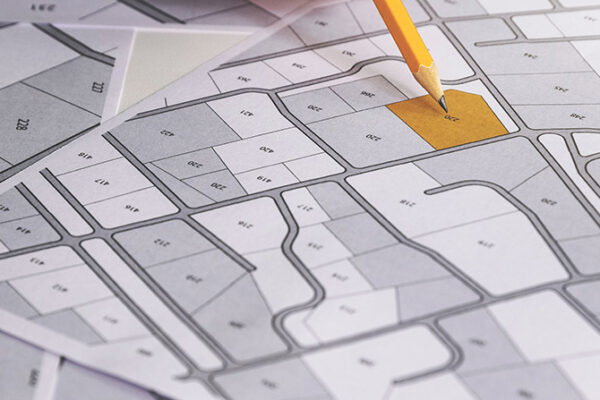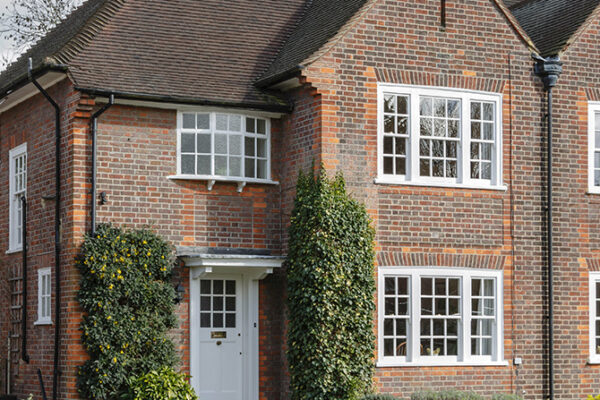Moving home or buying your first house can be exciting but it can also be one of the most stressful times of your life. Our specialist team of property solicitors and conveyancers at HSR Law understand this.
We will keep you up to date with the progress of your transaction on a regular basis and know the importance of communicating clearly with everyone involved in the process and acting quickly to avoid delays.
At HSR Law we provide you with a friendly, approachable, efficient and professional service. We do not operate as a large call centre, you will have a specific, qualified contact who will look after you personally.
Our Residential Property solicitors can help you with:

We are CQS Accredited
The Conveyancing Quality Scheme (CQS) accreditation demonstrates that HSR Law Solicitors can provide residential conveyancing advice of the level expected by clients, lenders and the wider residential conveyancing community.
Being CQS accredited means we have the expertise to deliver quality residential conveyancing advice and use standardised processes to manage and reduce risks.
Your Residential Property Team
Property FAQs
Exchange means that your contract to purchase is now legally binding. If you withdraw from the sale, you will lose the deposit you paid. On exchange you also set the date for completion.
No, your Lenders grant the mortgage but they ask us to confirm that the valuation has no errors and that there are no issues with the property that they should be informed of. It is our job to ensure that both you and your Lender are happy to proceed.
Someone over 18 has to witness your documents and no one that is related to you
The ISA can only be used as part of completion funds to pay the balance of the property. It cannot be used as the deposit. Your buyer’s solicitor may agree to accept a lower deposit on exchange. Your solicitors can charge £50 plus VAT for applying for this for you.
If you are a cash buyer this is your choice, but HSR Law would always advise that you do obtain searches . If you are purchasing with the aid of a mortgage, this is mandatory. The main searches are as follows:
Local Authority
A local authority search will provide you with detailed information about your property and the surrounding areas including planning entries and road adoptions. This will give you peace of mind before going ahead with the purchase of your new home and ensure you avoid any surprises in the future
Water and Drainage
A water and drainage search will confirm the proximity of the property to public sewers, whether the property has a sewer running within the boundaries of the property and if the property is connected to mains services.
Environmental search
An environmental search would confirm whether the previous land use of the property creates a potential environmental risk. This search will highlight issues which would include:
Landslides
Subsidence
Contaminated land such as historic landfills and waste sites
The risk of flooding from nearby rivers or seas
Mining search
A mining search is required if the property is situated in an area of previous or current mining history and is at risk of being built on unstable ground.
If you hold the property as joint tenants, both of you will own the whole of the property. You will not each have a quantified share in the property and will not be able to leave a share of the property in your will. If you sell the property, or if you separate, it will be presumed that you both own the property equally.
If you hold the property as tenants in common, each of you will own a specified share in the property. For example, one owner could own 70% of the property while the other holds 30%. The percentage shares are commonly used to reflect the amount of money contributed.
Freehold land means the owner has outright ownership of both the land and any buildings on it, with no time limit on how long it can be held. Leasehold land, on the other hand, is owned for a fixed term under a lease agreement with a freeholder. HSR Law explain that while freehold gives full control over the land, leasehold usually comes with conditions and obligations, such as paying ground rent or needing permission for alterations.
Click here to read our Freehold vs Leasehold factsheet.
Want to find out more? Check out our article Freehold vs Leasehold Property: What’s the difference and which is right for you? for a more in-depth understanding of the difference between Freehold and Leasehold land.
Our Latest Residential Property News
- Am I Eligible for the Right to Buy Scheme? Key Rules ExplainedThe Right to Buy scheme helps council tenants purchase their homes at a discount, but not everyone qualifies. In this guide, Ryan Morgan, Partner and Residential Conveyancing Solicitor at HSR Law, explains who can apply, how discounts are calculated, and how our team can support you through the process from start to completion.
- A quick guide to remortgagingRemortgaging is the process of switching your existing mortgage to a new deal, either with your current lender or a different one.
- Traditional v Modern AuctionsExploring and comparing the difference between traditional and modern method auctions when purchasing property.
- Stamp Duty Changes from 1st April 2025Significant changes to Stamp Duty Land Tax (SDLT) are being implemented from 1st April 2025.
- Freehold vs Leasehold Property: What’s the difference and which is right for you?Understanding the difference between freehold and leasehold is crucial when buying or selling property in England and Wales. This guide explains what each type of ownership means, how they affect your rights and responsibilities, and what to consider before making a decision.















